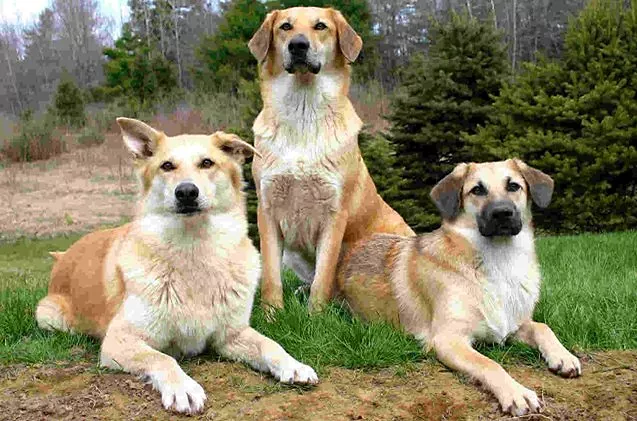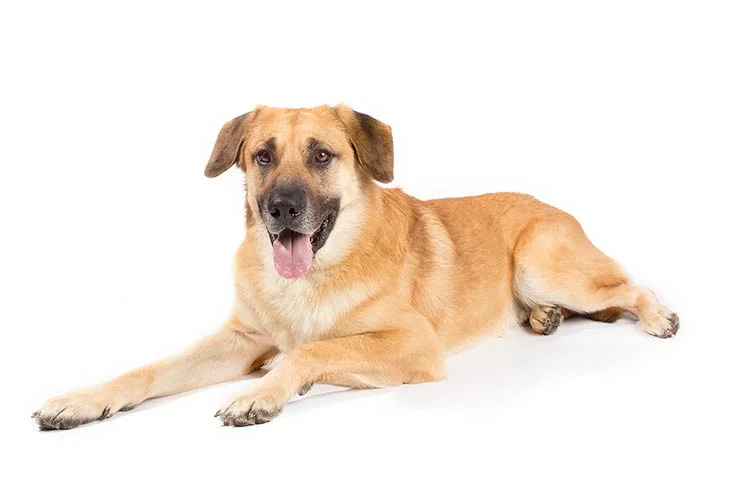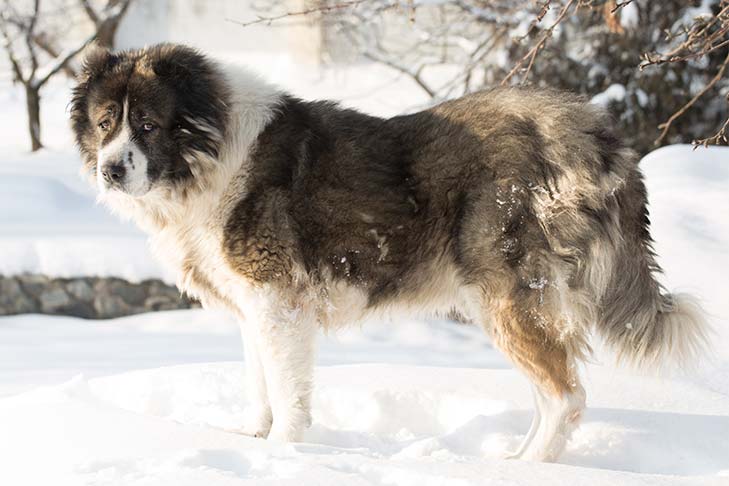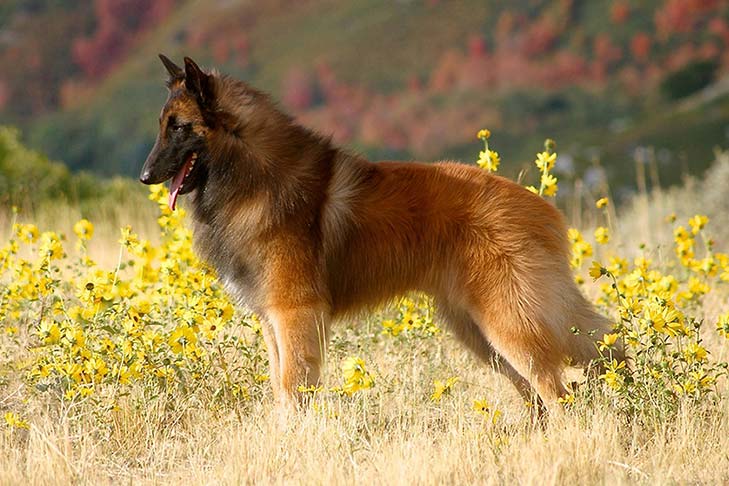Introduction
The Chinook is a large, powerful breed of dog that was originally developed for use in sled dog racing and freight hauling in New Hampshire. The breed is known for its friendly and loyal personality, as well as its intelligence and trainability. Today, Chinooks are often used as working dogs, therapy dogs, and family pets, and are recognized by the American Kennel Club as a member of the working group.
Chinook Temperament
The Chinook is known for its friendly, affectionate, and gentle personality. They are highly adaptable and thrive in a family environment, often getting along well with children and other pets. They are intelligent and eager to please, which makes them easy to train. Chinooks are also known for their loyalty and are often protective of their families. They have a moderate activity level and enjoy both indoor and outdoor activities, such as hiking and playing in the yard. Overall, the Chinook is a loving and devoted companion, making them a great addition to many households.
Aggression

Chinooks are typically a friendly and outgoing breed with a gentle disposition, and aggressive behavior is not common in this breed. However, as with any dog, any form of aggression can be the result of a variety of factors such as poor socialization, fear, anxiety, or a lack of training. It is important to properly socialize and train Chinooks from a young age to prevent any unwanted aggressive behaviors from developing. Additionally, it is crucial for owners to understand and recognize the warning signs of aggression in their Chinook, such as growling or biting, and seek professional help if needed.
Health and Lifespan of Chinook
The Chinook has a reported lifespan range of 12 to 15 years. However, like all breeds, individual Chinooks can vary in their lifespan and may live longer or shorter than the average range. Providing proper nutrition, exercise, and regular veterinary care can help ensure that your Chinook lives a healthy and happy life for as long as possible.
Food
When it comes to feeding your Chinook, it’s important to choose a high-quality dog food that is appropriate for their age, activity level, and overall health. Look for dog foods that contain real meat as the first ingredient, and avoid those that contain fillers, artificial preservatives, and by-products. Additionally, it’s a good idea to consult with your veterinarian to determine the appropriate feeding plan for your individual dog, as their nutritional needs can vary based on factors such as their size and metabolism. Some popular dog food brands for Chinooks include Blue Buffalo, Taste of the Wild, and Merrick.
Training for Chinook

Chinooks are intelligent and eager to please, making them relatively easy to train. However, they can have a stubborn streak, so it is important to use positive reinforcement techniques and remain patient and consistent. Start training your Chinook from a young age and socialize them with other people, pets, and environments to help them develop good behavior and prevent anxiety or aggression. Use rewards such as treats, praise, and playtime to encourage good behavior, and avoid punishment or harsh methods. Keep training sessions short and fun to maintain your Chinook’s interest and motivation. With patience, consistency, and positive reinforcement, your Chinook can learn a variety of obedience commands and tricks, making them a well-behaved and enjoyable companion.
Conclusion
In conclusion, the Chinook is a friendly and intelligent breed that was originally bred as a sled dog. They have a gentle nature and are excellent family pets, but can also excel in outdoor activities such as hiking and camping. To ensure their overall health and well-being, it’s important to feed them a high-quality, balanced diet that meets their nutritional needs. With proper care and attention, the Chinook can make a wonderful companion for anyone looking for an active and loyal dog.



